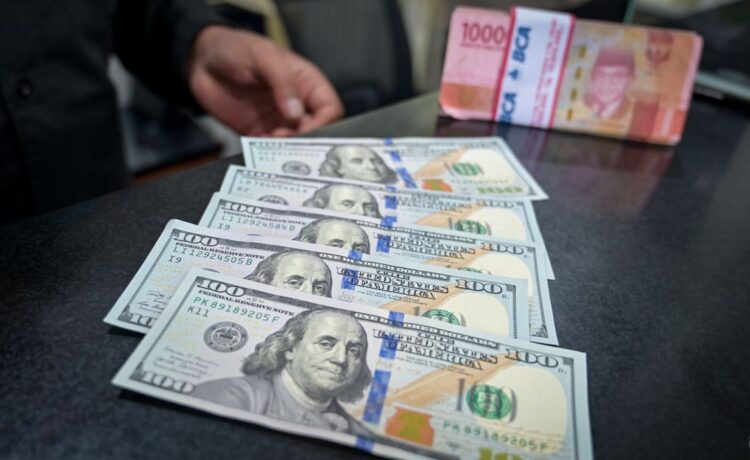BUSINESSES WANT STABLE CURRENCY
For now, some businesses told CNA the weaker rupiah is less of a concern than a stable currency, which would make planning easier.
“If the rupiah is weak, for example 16,000 (against US$1), it is not a problem to us as long as it remains 16,000, (not 14,000 tomorrow and 17,000 after that),” said Mr Kafi Kurnia, a marketing consultant for agricultural produce such as fruits. “For us business people, having a stable exchange rate is very important.”
Fluctuation is what “makes things difficult”, he said.
“Experienced importers are very cautious. If the currency is unstable, they will not buy a lot,” said Mr Kafi, the former head of the Indonesian Association of Fruit and Vegetable Importers and Exporters.
With a weaker rupiah, companies dealing in imported goods will adjust accordingly, he said. The rupiah has depreciated for the past 10 years against the US dollar, so the current situation is not new to business owners, he added.
“They can also negotiate with the suppliers and ask them for a discount since the US dollar is currently strong,” added Mr Kafi.
Suppliers usually do not mind giving discounts as fruits are perishable, he claimed. “They are also under pressure to sell as much as possible and as fast as possible.”
Meat importers have also not felt the impact of a stronger US dollar yet, and are more concerned with how the rupiah fares against the Australian dollar, said Mr Suhandri, secretary general of the Indonesian Meat Importers Association (ASPIDI).
“Our biggest imports are from Australia, then the US followed by New Zealand,” said Mr Suhandri, who goes by one name. The rupiah has been more stable against the Australian dollar in the last five years.
But meat importers are monitoring the situation closely as consumers have limited purchasing power, he said.
The government has tried to assure the public that the country’s economy is under control.
Last Thursday (Apr 18), Coordinating Minister for Economic Affairs Airlangga Hartarto said Indonesia’s economic growth forecast for 2024 is around 5 per cent – higher than the projected global economic growth of 3.2 per cent, as well as the average of 4.2 per cent among developing economies.
Mr Airlangga said the weak rupiah is the result of the strong US economy, and the government will monitor the situation.
“We will monitor it first because the exchange rate is not something we respond to on a daily basis,” he said.
“But if we look further, the government’s foreign exchange reserves in Bank Indonesia are still large, US$136 (billion). So there’s nothing to worry about.”















